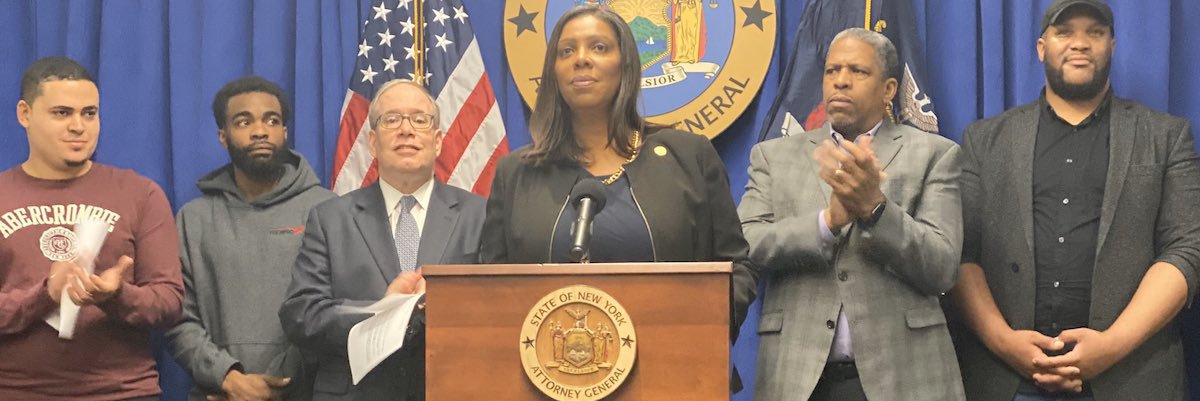With more than 500 public records exemptions in the state of Tennessee, the new Open Records Ad Hoc Committee is taking a look at the ever-growing list, and addressing its points of contention.
Tennessee’s public records exemptions haven’t been reviewed since 1998 when the Committee on Open Government did a review of the 89 existing exemptions at the time. Now, there are 563 exemptions in the statute with 25 new exemptions added during this year’s legislative session.
“We had estimated there were 300 or so, but the report came out and we saw that there were more than 500, even more than the last session,” said Deborah Fisher, Executive Director of the Tennessee Coalition for Open Records.
Tennessee Lieutenant Governor Randy McNall (R-Oak Ridge) and House Speaker Beth Harwell (R-Nashville) asked for a list of exemptions last year after discussing with reporters how the list has grown exponentially over the last few decades. Shortly after, the Open Records Ad Hoc Committee was created and tasked to modify or delete exemptions.
“Having an Ad Hoc Committee review that information in a comprehensive way will lead to a thoughtful approach in rolling back these exemptions. Government always functions better when the public has access to this information, and sunshine is the best disinfectant,” wrote Speaker Harwell in an email to MuckRock. “I appreciate the work the ad hoc committee has already done, and they have more work to do. I look forward to seeing what their recommendations are, and urge the next General Assembly to look for ways to increase transparency.”
During the committees first meeting, members said they were concerned with issues of privacy for citizens in relation to the public’s right to access information. The committee agrees it is one of their top concerns in regards to accessing documents.
The TCOG has been actively engaging with the Ad Hoc committee throughout the process. During the committees first meeting, the group presented a list of recommendations that included creating a systematic sunset review for all new exemptions as well as reviewing exemptions that are not part of the statute. Additionally, last month the group shared a list of exemption priorities. Among those were a review of record exemptions pertaining to performance evaluations of government employees and tax information.
“The sunset process allows for a systematic way to go back into the exemption and if it needs modifications, clarify with the legislature what the intent was,” added Fisher.
Currently, Federal FOIA holds nine exemptions that block access to certain records and information. At the local level, each jurisdiction draws from the federal exemptions, but also includes their own. Fisher says that some of the exemptions on the list don’t always reference the Tennessee Public Records Act, which makes it difficult to find them. She believes that many of the current exemptions are too broad and often times block access to documents that were never intended to be blocked. The group hopes that by tackling the overly broadly exemptions, lawmakers can clarify their intent and provide better oversight in access to documents.
“There have been some instances where lawmakers had passed something that closed a record and later they were like, I didn’t think it would close that,” added Fisher.
As the law stands, Tennessee doesn’t have a review process for enacting exemptions into its law. Many of the exemptions that are in place today have passed within bills with approvals coming from legislative committees and ultimately, the House. During the committees August meeting, TCOG highlightedother states that had a more thorough review process for enacting their exemptions. Washington state has a Public Records Exemption Accountability Committee focused solely on exemptions. In Connecticut, all bills impacting public record laws have to go through the Government Administration and Elections Committee for further review.
The Ad Hoc Committee on Open Records will convene for the third time this year today, October 4th, 2018. You can watch the live-stream and take a look at the meeting agenda on their website, or embedded below.
Image by Andre Porter via Wikimedia Commons and is liscened under CC BY-SA 3.0




